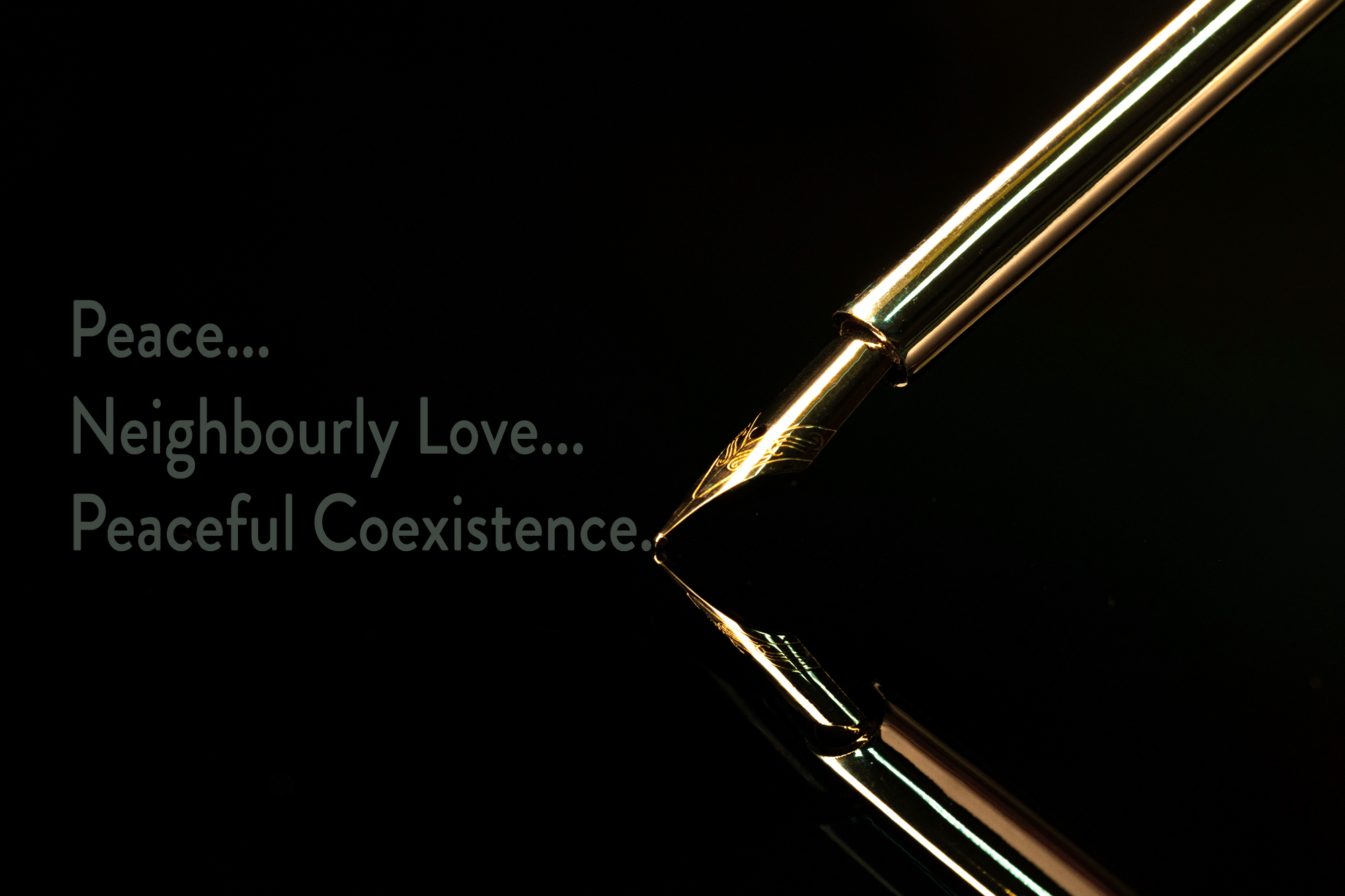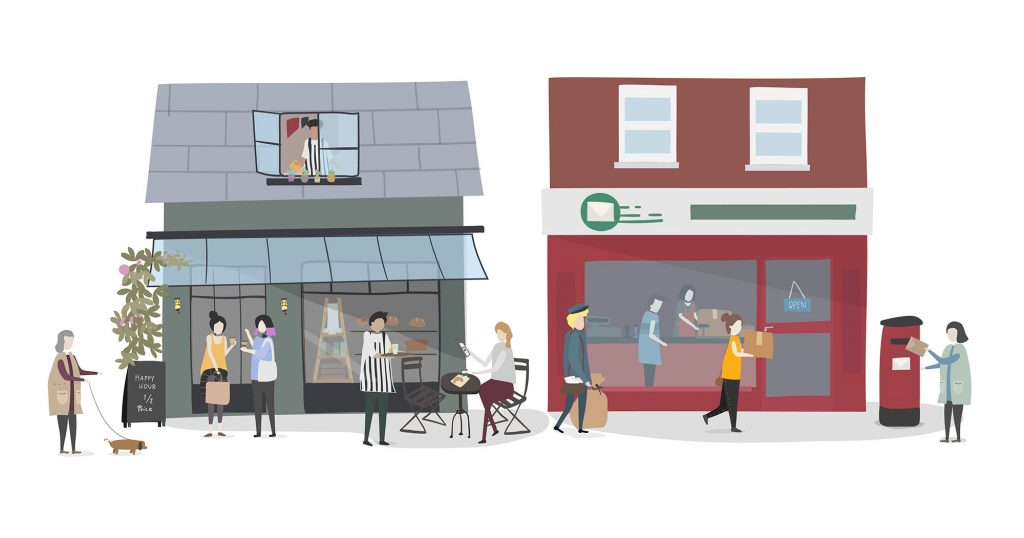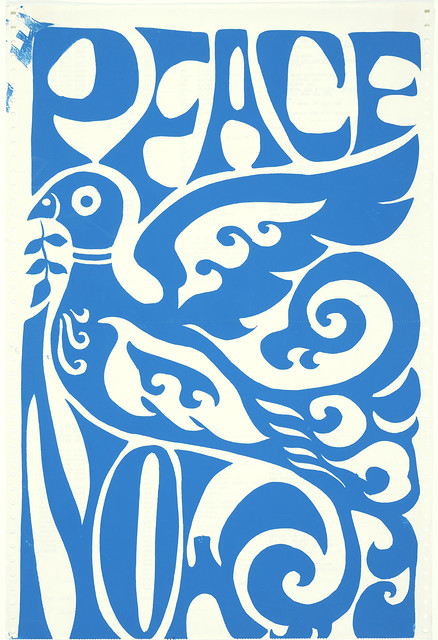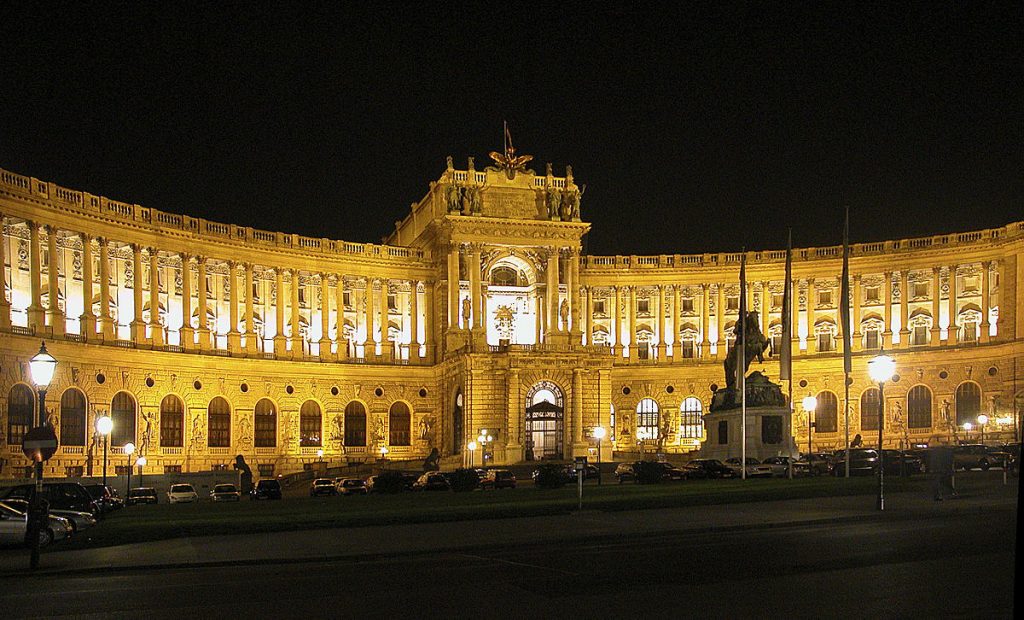
Cultures differ not only in things like dress, in former times especially. Or their language(s). People’s outlook on life is determined by the culture they have been brought up in to a great extent.
The culture we live in – or with – later has a powerful influence too, though.
When I was still rather young, I came across the book by Bahman Niruvand, a Persian refugee from his original country to Germany. It’s called “Leben mit den Deutschen” / “Life with the Germans” and reflects his experience of differences in outlook in some striking and well-painted colours.
One little anecdote he recounts I remember to this day although it must be close on 20 years that I read the book. He stated that whenever exiled Persians met on one of their conventions, the passing of years showed more and more clearly in their behaviour and outlook, which country of refuge they came from.
He named Italy and Germany as examples and put it like this:
-
- Persian exiles living in Germany were always extremely well-informed, organized – and a tad depressed.
- Persian exiles living in Italy were less well or almost not informed, a little unorganized – and usually happy.
Michael Niavarani, director of the famous traditional “Kabarett Simpl” in Vienna once put an idea about Austrians this way:
They say Austrians are the half-successful attempt of Bavarians to become Italian.
I wonder if that isn’t true, after all…
I love this country of Austria, I am a German by birth and education and have spent a lot of my life among Persians. I found the mixture of realism and at the same time romantic, emotional outlook on life among Persians most intriguing, and still do.
And the closest I see people getting to that outlook are Austrians: they look on life with all a romantic can bring to it and at the same time grumble and complain, when irritated at things not working as usual…
Most striking of all seems to me the ability to just sit and ‘be and relish the moment’, in meetings, at desks, or after work, together with friends or colleagues, having the occasional glass of those wonderful Austrian wines – or a beer…









